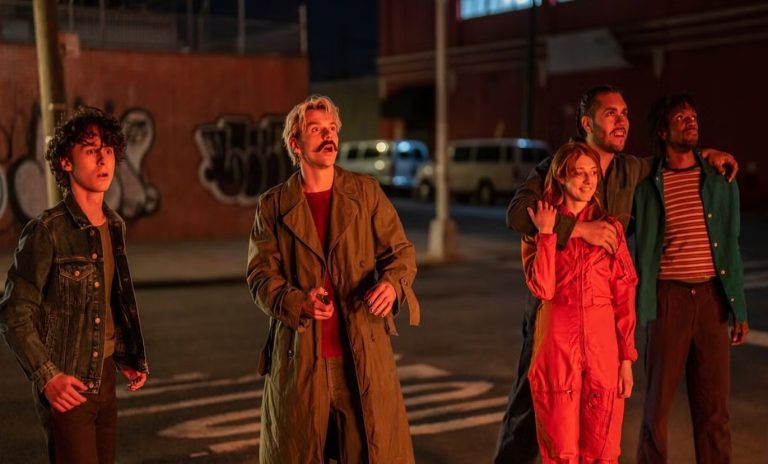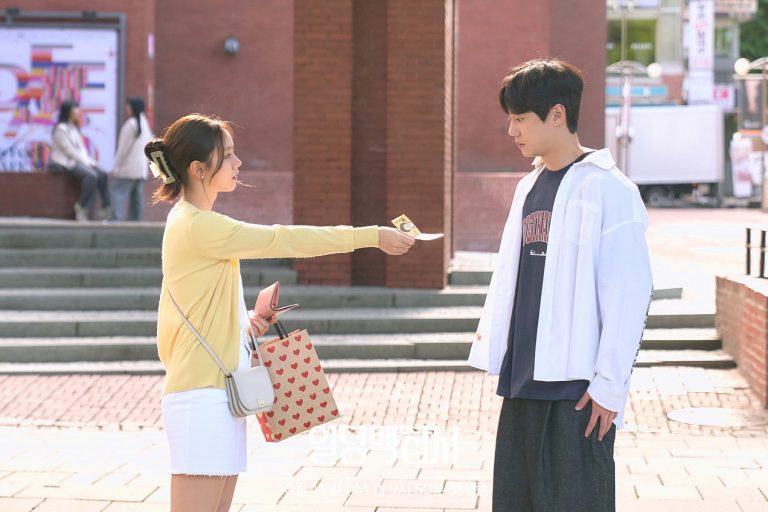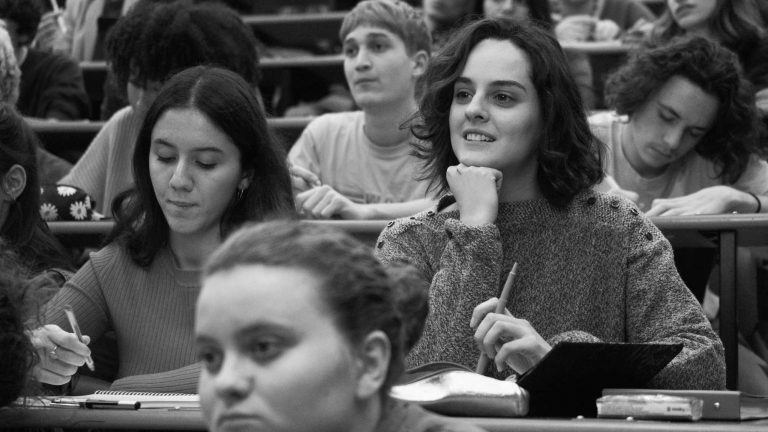I am sitting in a packed Cinema Village next to three of my closest friends, wondering if I am allowed to laugh. The film is Betsey Brown’s “Actors,” the second film in her and her brother’s Sincerity Trilogy, which began with Vack’s “Assholes” a couple of years ago. Next will be www.rachelormont.com, hopefully one of the last films named after a website (though I do hope the Browns own the domain name). Betsey’s film is a garage rock blitzkrieg on apathy.
Fans of “The Scary of Sixty-First,” in which Brown stars, may be surprised by the unvarnished emotionalism she moves toward here. Whereas Dasha Nekrasova’s film wielded irony as a strategy to novelize what could’ve been familiar genre beats, this film uses provocation as the Trojan horse for its golden-hearted core. That core? Basically, the itchy expanse of Brown’s soul. Hidden under provocation until it can’t help but explode.
“Actors” follows a woman whose sincerity is threatened by her boyfriend’s traditionalism (he nudges her into having a kid by positioning it as her magnum opus-puss) and her brother’s opportunistic approach to identity (he pretends to be a woman, which modestly boosts his acting career). These conflicting forces lock her into a current vacillating between apathy and mania. Brown plays herself, and so does her brother, Peter Vack. Their real-life love for each other comes through in the work, as do the tougher colors of their relationship. Trying to catch onto their grease-pole relationship is in itself worth the price of the film.
Brown and Vack will surely dominate the love and shit-posting about “Actors.” Their joint Q&A after my screening was evident in their love for their team. Before looking at the credits, I assumed a precocious 13-year-old influencer did the editing. Really, it was done by Benjamin Moses Smith and the director, which would’ve been my second guess. Smith is an aesthetic student of Oliver Stone and, through “Spree” and now “Actors,” clearly a defining editor of our glitchy moment.
Indeed, a studio would not let a film by a neophyte director be edited like this. We can thank industry gatekeeping for forcing Smith and Brown to catapult themselves into the rich abundance of digital zooms, freeze frames, and the immersive possibilities of split-screen doom scrolling.… Crucially, though, the style isn’t all kinetic hyper-modernity. Smith and Brown know when to slow down. A cut from one of Brown’s furious sobbing sessions to her crying baby is as effective as the flashier stuff, yet not in spite of it.
Smith’s connection to “Actors” makes sense, given his work with Orson Wells of the internet, Eugene Kotlyarenko. Kotylarenko also thanked in the credits, captures in his films (as well as his podcast, his Discord, and his Letterboxd) a manic obsession with knowing everything, the addictive color of contemporary relationships, and an unfailing whimsy. He is as digressive, aggressive, and sometimes sentimental as Spielberg. There is no one like him. Brown’s style is as singular as Kotlyarenko’s, and the divergences are key. The manic flip from pure cynicism to optimism at the end of “Spree,” with a supporting character’s sudden rise to fame, could not be more distinct from the negative capability Brown and Vack achieve here.
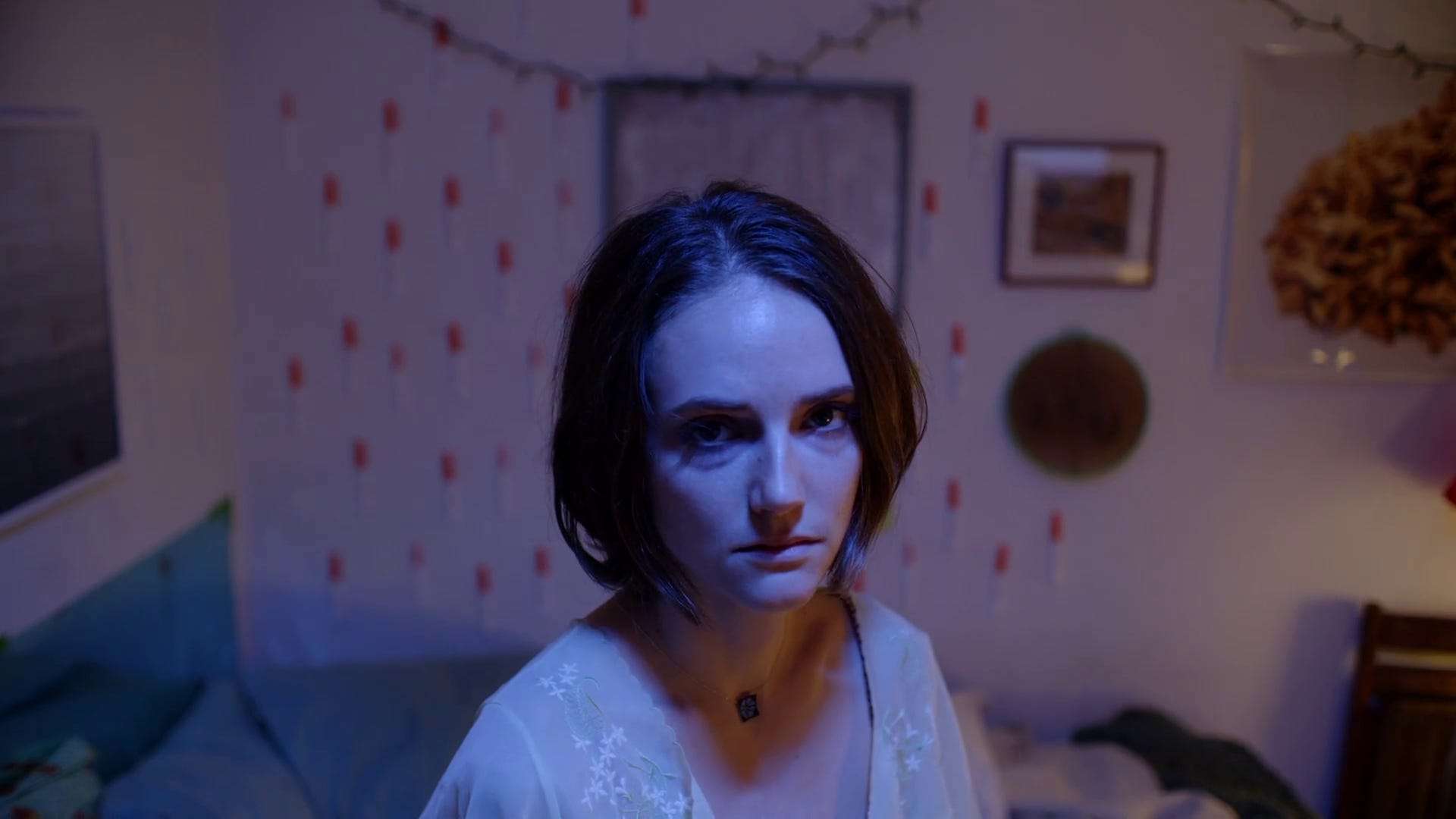
Perhaps part of that could be explained by the presence of Barton Cortright, DP of “The Cathedral,” one of my favorite Headspace sessions of the last few years. The way he and Brown approach the blocking—preferring master shots that play like off-kilter Ozu to aggressive coverage, using tableau to graphically portray Petra’s subtle internal dilemma—is not to be found in Kotlyarenko’s recent films. This ability to hold onto the calm and the thrash is one of Actors’ trademarks. Back at Cinema Village, I am cackling, looking side-to-side to see if I am allowed, lovingly tapping my leg against my friends’ legs, and regretting that I might have disrupted their experience of Brown’s film.
I find myself reflecting (lol) on a mirror moment between the siblings. This is another example of the filmmakers allowing some breathing room. The siblings are trying to decide, as they do several times in “Actors,” whether they look alike or not. In this drama, though, Petra could care less about looking like Betsey — after all, Petra is famous-ish. Betsey nears closer to Petra until they touch cheeks. Betsey bursts into tears upon this touch, realizing it has never happened before. Here, Brown and editor Smith’s sensitivity to duration is vital, as is Cortright’s muscular framing.
We linger in Brown’s emotionalism for several seconds before moving on to the next beat: “Are you recording?” She asks. No, Petra was not recording. A more typical filmmaker would have put the emphasis on the scene on this beat, which calls into attention the performative element – a condemnation of those hyper-online kids! I do not think this is what Brown is after here. She is gentle with her character’s broadcasting tick, refusing to let a comedic slant wash over the pure emotion that preceded it. The emotion is not what’s animating all this provocation, but resisting it.
Until the end, there is always that second ironic beat — the slower scenes ease back toward the internet as a coping mechanism and adopt its relentless ironic pace. Surely, this will continue to get the film in a lot of trouble, especially with the addictive itchiness of its style. The crying about the cheeks is not canceled out by the question about recording. It is hardly undermined. Instead, it is a character’s avoidance strategy. A strategy that, by the end of the film, Brown just barely transcends, saying to her brother the most honest thing she can:
“Make me famous.”
Maybe you see this as privilege or narcissism or social climbing — all that with which we supposedly don’t identify. I am knocked out by what Brown, Vack, and the rest of the filmmakers achieve here. The inertia of the internet in the service of a gob-stopping sincerity is something I could use more of. Usually, if I were to see a birthday cake smooshing into someone’s asshole, I’d think only of shit. After “Actors,” maybe I’ll try to think about the cake.

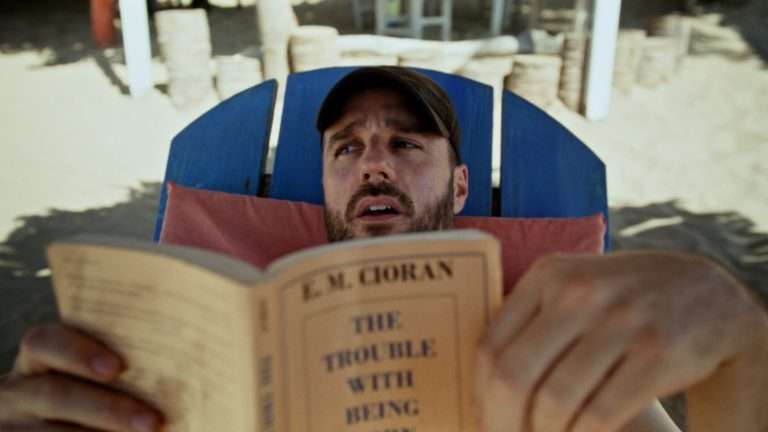

![Son-Mother [2019] ‘TIFF’ Review – A stark reflection of Women’s place in Iranian Society](https://79468c92.delivery.rocketcdn.me/wp-content/uploads/2019/09/son-mother_tiff-768x384.jpg)
